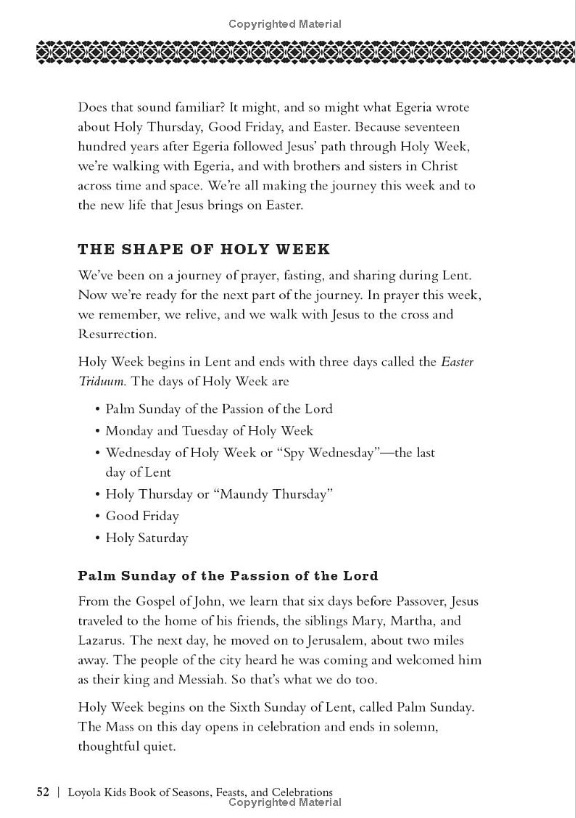The Cross of Christ Restores. . . Obedience
And by this we may be sure that we know him, if we keep his commandments. He who says, “I know him,” but disobeys his commandments is a liar, and the truth is not in him; but whoever keeps his word, in him truly love for God is perfected. By this we may be sure that we are in him: he who says he abides in him ought to walk in the same way in which he walked. 1 JOHN 2:3–6
Truly, truly, I say to you, if any one keeps my word, he will never see death. JOHN 8:51
“Keep His Word”
Jesus teaches us that we have to keep his word. Of course, this is the cross for many of us. We’d rather go our own way than follow the way of Jesus, if it didn’t mean having to face the horror of death without hope. When Jesus says that those who keep his word will never “see death,” what does he mean? I studied this passage for several hours. I found that this passage was translated differently in the Vulgate to include the word “forever,” so that the intended meaning would be that the person would still die but not forever. Many commentators simply ignore it. Death is referred to in only one other place in the New Testament, in the Gospel of Luke, where Simeon had been told that he would not “see death” until he had seen the “Lord’s Christ,” or God’s Messiah. Holding the infant Jesus in his arms, Simeon prayed, “Lord, now let thy servant depart in peace, according to they word; for mine eyes have seen salvation, which thou hast prepared in the presence of all peoples, a light for revelation to the Gentiles, and for the glory of thy people Israel” (Luke 2:29–32).
In the Scriptures, death was portrayed as an angel—and not necessarily a good angel. Remember, death entered the world because of sin, and resulted in separation from God. The angel of death passed over the Israelites to take the Egyptian firstborn when Pharaoh rejected God. So, what was Jesus saying? The most satisfying commentaries interpret the words of Jesus to mean that those who are obedient to the will of God, as revealed through Jesus’ teaching, will never see this angel of death; rather, when their earthly life ends, they will be greeted by the Lord and brought into eternal life. Obedience leads to acceptance into the kingdom; disobedience leads to expulsion from paradise. The secret to obedience is given to us in John’s Gospel, when Jesus teaches that he is the vine and we are the branches. Our life depends upon remaining part of him—which we do by being obedient to his commands and partaking in his Body and Blood offered in the Eucharist. John in his letter says that we can tell if we are “abiding” in Christ by our actions: Are they Christ-like? The power to be like Christ, of course, comes from dying to ourselves and allowing Christ to live within us. This requires more than simply listening to or parroting the words of Christ; this requires a complete abandonment to him. Every day the official prayer of the Church begins the same way, by praying Psalm 95: “Come, let us worship the Lord,” echoes the refrain, inviting us to see our Savior, our Creator, the God to whom we belong. With the invitation comes a warning: “If today you hear his voice, harden not your hearts.”











